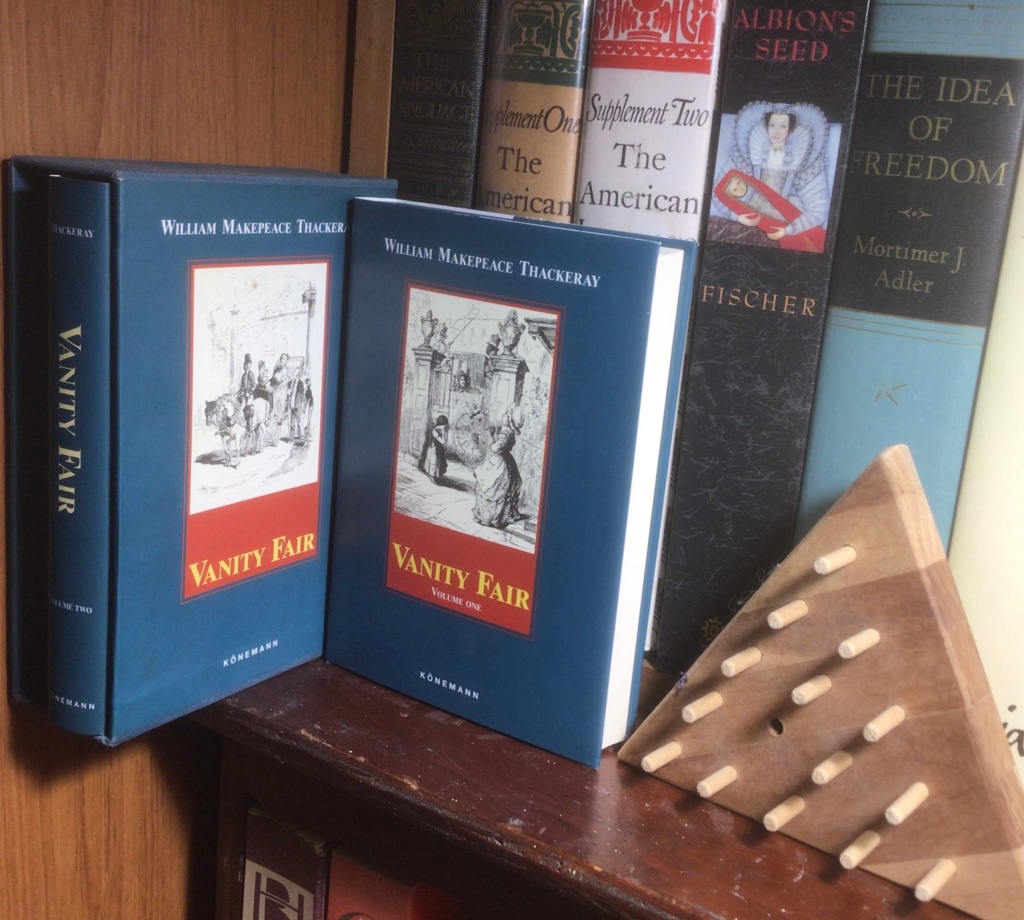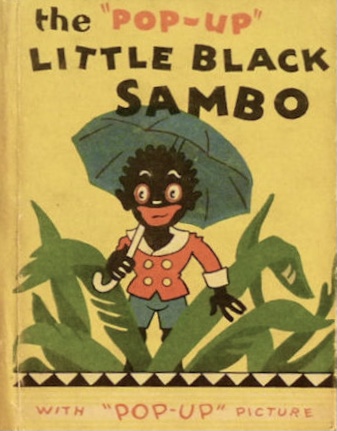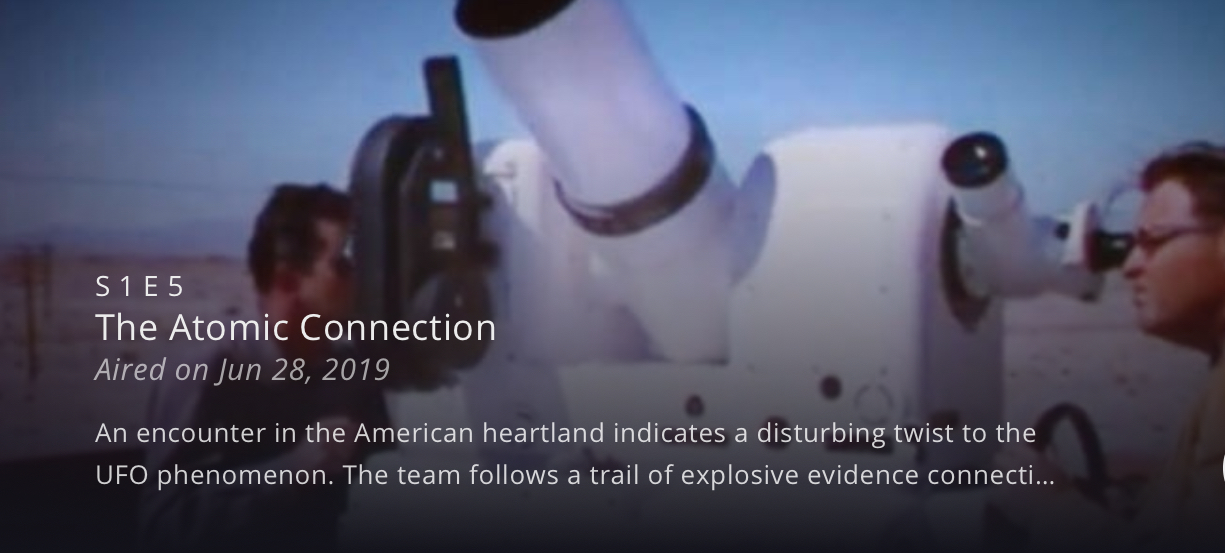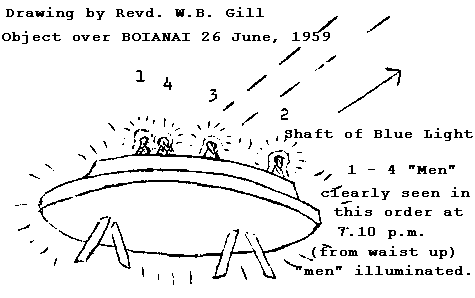
Philip K. Dick’s 1952 short story “Human Is” is clever. Not great. Just clever. (You can find it in the collection We Can Remember It for You Wholesale.) It is not unlike, say, a Fredric Brown story, but not as well written.* It does not present an elegiac mood, or aim for anything like the sublime. It is a rather cynical sf tale about marital discord and unhappiness. And betrayal.
But it was taken as the inspiration for Amazon Prime’s new series Philip K. Dick’s Electric Dreams, appearing as the third episode. And was it changed! Only the ending of the short story remained untampered with, quoting (adopting) about two lines verbatim.
Yes, friends, there are spoiler ahead. . . .
The short story’s basic premise — of a mean, cold bastard of a husband (Lester) going off to an alien planet, Rexor IV, and coming back changed, turned into a nice, easy-to-live with loving man — that is the same. But instead of a literalist, a scientific researcher, the show features a callous warrior (renamed Silas, played by Bryan Cranston), bent on exploiting and killing an alien race for the good of “Terra.”
The short story’s subplot about the wife’s brother and nephew, that is gone. And all the dreck of everyday life? Gone too. The change of scenery and alteration of tone from the original make the show different. Very. Instead of reading about an unloved wife whose uncharitable husband will not help an inlaw out, we see an unfulfilled and tyrannized wife — emotionally abused and domestically oppressed despite her elevation to a major official role in the futuristic sealed-off society.
Yes, in the TV show she has been turned into a professional — a government official, even. And instead of suffering neglect from the man who won’t serve as foster father, we see our heroine suffer from coldness, indifference, and even envy from her husband. Actually, he is much worse, because minatory. Yes, he threatens violence.
The show’s penultimate scene takes place in a court room, in a trial that spells the issues out very clearly, cleverly. The written story is nowhere nearly so thematically tight.
But the big change? The whole story has become politicized. The husband in the show is portrayed almost exactly as leftists see “right wingers” — eager to kill and exploit foreigners (aliens), and as being emotionally withdrawn and cruel. And since the woman is now a career woman, a leader, this makes her a feminist heroine rather than the pathetic character that Dick imagined. With the child gone, it is just the microsocial antagonism of a childless couple, not a family drama — and the show carefully evades any issue of parental feeling from her husband to his brother-in-law’s son. This excision allows our feminist heroine to be portrayed as romantically and sexually unfulfilled. The very model of a modern Ms. obsession.
Indeed, in the show, because of her husband’s lack of interest in intimacy, early on she seeks out some sad satisfaction in a far-flung-future orgy in the sterile city’s underground (yes, the teleplay writers made sure to hit every possible mythic beat). When her husband comes back transformed, changed into a cheerful, sympathetic, and very sensual sexual partner (we “get” to see Cranston’s full-rear view nude form in a lovemaking session), she defends him — chooses him — even though it has been proved that he is not her husband.
Who is he? Well, her husband’s body, possessed by an alien metamorph. Invasion of the body snatcher!
The alien is from Rexor IV — as in the original PKD story. But where in the original the husband had been a careless innocent, his soul stolen by surprise while on a solo vacation, in the show there is war, and he was the aggressor and he became a casualty. At the beginning of the show, our heroine had politically opposed her husband’s plan to kill Rexorians and steal their atmosphere (or something like that). At the end of the show, she lets the enemy, the Rexorian, not only into her society but also into her bed, ostensibly because her human husband had not been nice enough to her. Not appreciative enough.
And was a bad guy anyway.
All this is standard left-right archetypes and stock figures and bigotries. Let me spell it out:
- The husband? The very cliché of a left winger’s idea of a conservative.
- The wife? The leftist self-image of a feminist heroine, ill-treated by her conservative partner.
- The Rexorian? An exploited alien (foreigner) just “fighting for its life” and perhaps justifiably attacking our military and Silas, the Cranston character.
It would be hard to imagine a clearer allegory to today’s conflict with the Muslim world. The feminist women betray conservative men because those evil conservatives are bent on defending their nation by exploiting and killing foreigners (Muslims/Rexorians); further, those feminists replace the murderous conservatives with the foreigners, going so far to bedding them . . . because the frustrated, unfulfilled feminist women will be more sexually fulfilled by the foreigners/aliens than by their fellow nationalists/Terrans.
Also present is the “right wing” fear that the enemy will infiltrate and pretend to be “one of us” but then betray us completely, taking our place — this “paranoid” fear is exactly mirrored in the television story. And, going another step even further, the right wing suspicion that the leftists will betray us, preferring the other to their own, and making cuckolds of the West’s men . . . that is very close, too — for the woman does betray Terra, and just because the alien treats her better as wife and lover.
So, the fantasies and fears of both rightists and leftists are played to. Both sides could view the story with a kind of . . . indecent? . . . pleasure. And, because the Amazon version is so artfully done, it turns out to be a beautiful, sublime story, too. Much more powerful than the original.
It is now a philosophical horror story, not just a clever little domestic drama with a cynical sci-fi surprise ending.
The wonder of it is how brazen it is, how timely. The perpetrators — I mean, writers and actors and producers — of the new drama surely know what they are up to. But why? Why do it this way? I assume that these are all left-leaning Hollywood types. The story, though with all the biases of your standard-brand Hollywood Left Coast cosmopolitan written deep into the story’s premise, and played out as the drama unfolds, in the end gives away much of the game to the right wingers. What could be worse than the Left shown as the betrayer and the enemy shown as capable of using elaborate deception? And all because the leftist woman demands love she is not getting at home.
First world problems leading to the conquest of that world by the Third.
She even goes as far as cuckolding the Right in the end. In a sort of Gertrude-and-Claudius way.
A cautionary tale — an apocalypse! — indeed.
Ah, the culture wars. All-too-human, is.
twv
* Dick’s science fiction short stories, at least the early ones, are not very artful on the sentence level — his realistic novels were far more carefully crafted. The short stories are also rather tawdry, as are many of the science fiction novels, filled with the dreck of everyday domestic conflict.
N.B. I wrote the above before reading anyone else’s criticism. And now, as I clean this up, I flit around the net and find appraisals that do not go very far. And not a few just show the insipid shallowness of modern feminism.











 Yeah, I’ve been tricked by Trump’s Twitter feed, too. But, to repeat something I said last month, there is a method to his madness. He is spinning the media. I do believe this is according to a plan. He is a magician. Or, maybe, Iago + troll.
Yeah, I’ve been tricked by Trump’s Twitter feed, too. But, to repeat something I said last month, there is a method to his madness. He is spinning the media. I do believe this is according to a plan. He is a magician. Or, maybe, Iago + troll.



